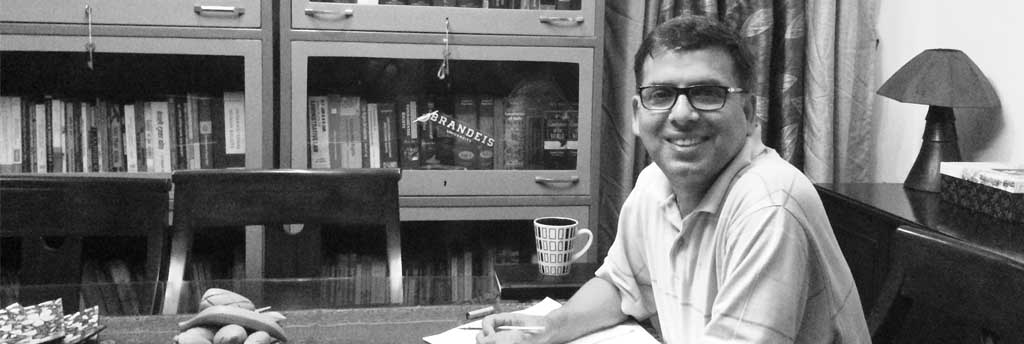
(This is excerpt of opening remarks given by Dr Bipin Adhikari as Chairperson of Nepal Constitution Foundation at the high level programme on Tenth Amendment of the Interim Constitution and Remaining Challenges of Constitution Building in Nepal on August 30, 2011)
I extend warm welcome to the Chairman of the Constituent Assembly and the Chief Guest of this programme Rt Honorable Mr. Subhash C. Nemwang, Former Prime Minister and CPN Maoist’s Chairman Honourable Mr. Pushpa Kamal Dahal, President of Nepali Congress Mr. Sushil Koirala, Former Prime Minister and Chairman of CPN (UML) Honourable Mr. Jhalanath Khanal, Chairman of the Tarai-Madhesh Loktantrik Party Honourable Mr. Mahantha Thakur, Constitutional expert Dr. Surya Dhungel and all participant guests in this programme titled “Tenth Constitutional Amendment and the Challenges to building the new Constitution” being organized by Nepal Constitution Foundation (NCF).
This programme is very meaningful in the current political context. The constitutional building process through the Constituent Assembly (CA) has entered its 40th month. Whereas the CA was established to complete its task of constitution writing within two years, its term was extended firstly by one year, then three months, followed by another three months, as we have seen. Article 64 of the Interim Constitution provides that in a state of emergency when the job of writing the new Constitution cannot be completed, the CA may add additional 6 months to its term by a resolution cleared by two-third majority. But for various reasons the big political parties have clearly stated that they have found no other option but to keep adding the CA’s term due to the current situation.
The Supreme Court has saved this tenth amendment on the basis of doctrine of necessity, even though the nation is not in a state of emergency and national consensus has not been built among the political parties regarding the completion of the unfinished parts of the new constitution. This situation is being evaluated in various ways by the legal and political circles. However, completion of the constitution building process within the extended term is the most important challenge for both the government and the opposition.
Situations for applying the doctrine of necessity may rise again if the parties do not perform well. But this doctrine of necessity is a sensitive matter in the field of Constitutional Law. Though its use may seem normal prima facie, it should not be used to oppose the express or implied provisions of the Constitution. There are many risks involved in applying this doctrine with regard to the rule of law, the principle of constitutional supremacy and the concept of constitutionalism itself. The question of the feasibility of continual extension of the CA’s term could be the most challenging one to answer in the coming days.
This programme has been organized in the abovementioned context. The necessity to complete the constitutional building process and to end this vicious circle of necessity is obvious to everyone. Lets accept that the bases of legality are crumbling under the burden of this doctrine. The vested interests never seen before in politics around Constituent Assembly are appearing now in favour of giving continuity to the status quo no matter how. Apparently, the legal fraternity seems to be dissatisfied at the decision of the Supreme Court in this matter. If the new Constitution is not realized as soon as possible, the Assembly will face more challenges. The deadlock is not in favour of anybody.
The period of conflict was followed by the Comprehensive Peace Agreement (CPA) signed for the proper administration and democratization of the country. The people who have signed it should have no confusion about its vision for change.
Looking at that, it is a pertinent question why has the resolution of the remaining substantial issues of constitution building been so difficult? Constitution making process is only complete when the Constitution is made and mere strategic orientation of the major parties is not enough for it to be done. The situation has shown that there is no alternate to far-sighted development of consensus.
A democratic Constitution is the need of the day. There is no controversy on this issue. The advocates of change have shown their commitment regarding a few new features that democracy demands in Nepal. There has been much discussion on these features. Why there is delay in actualizing them. But even the realization of these new features requires a few years of serious attempts. Creation of political system is not possible at one stroke. It will require many small but sincere attempts even after the constitution is enacted. But the challenge now is to create the basics – the frameworks that must be done in order to move ahead. This appears to be easier said than done. The problems are not limited to the local political sphere only.
Amongst us, today, there are leaders who have the power and responsibility for making decisions concerning Nepal’s political future, democracy and helping this process.
We also have the CA chairperson who is responsible to facilitate the remaining parts of constitution building process in accordance with the policy and proposal as agreed by the leaders.
We are eager to hear their thoughts, views and commitments that have been in the making for the past 39 months regarding how to complete the constitution making process within the next three months.
They must have thought of alternatives to get rid of the ongoing bottlenecks. What is the roadmap for the next three months and how can the new constitution be built within 2068 Mangshir 14 is the prime question?
Clear viewpoints (not positions) are required for these questions. On behalf of Nepal Constitution Foundation I welcome the nation’s think tank and senior politicians in this forum! And I also have good luck to the leaders ! And thank you very much !
Bipin Adhikari
Chairperson
Nepal Constitution Foundation
Leave a Reply